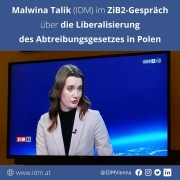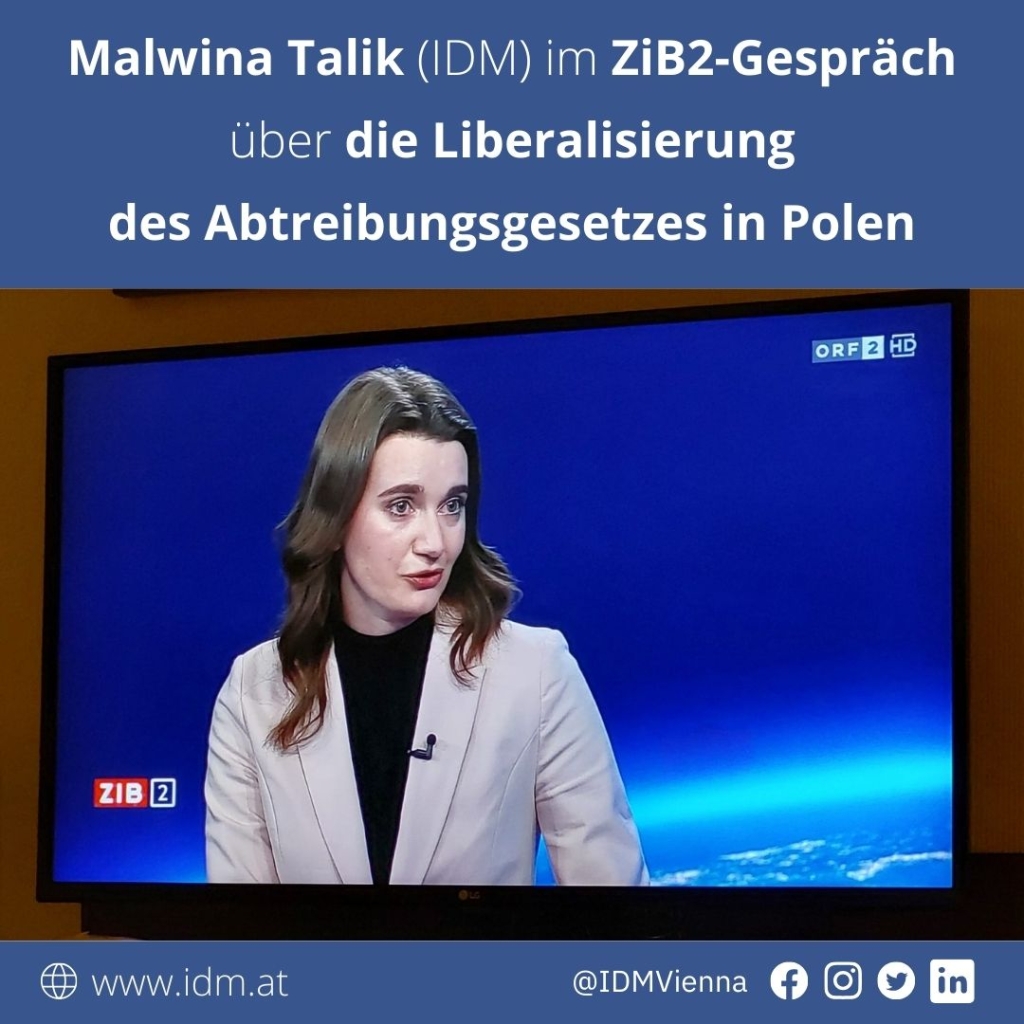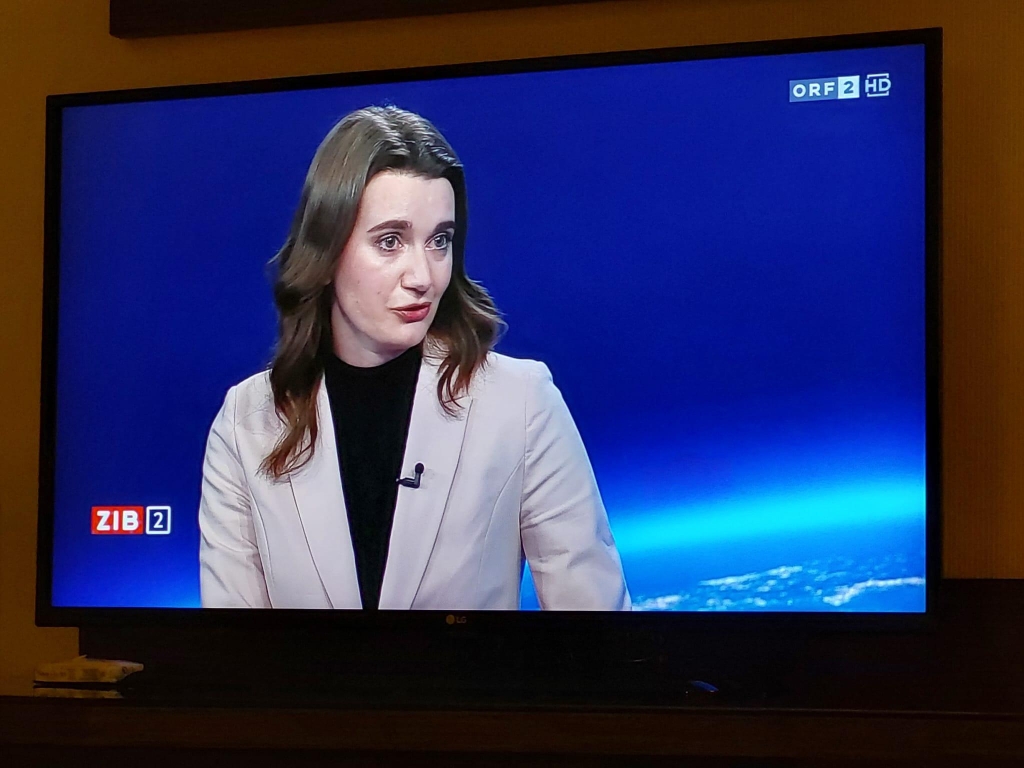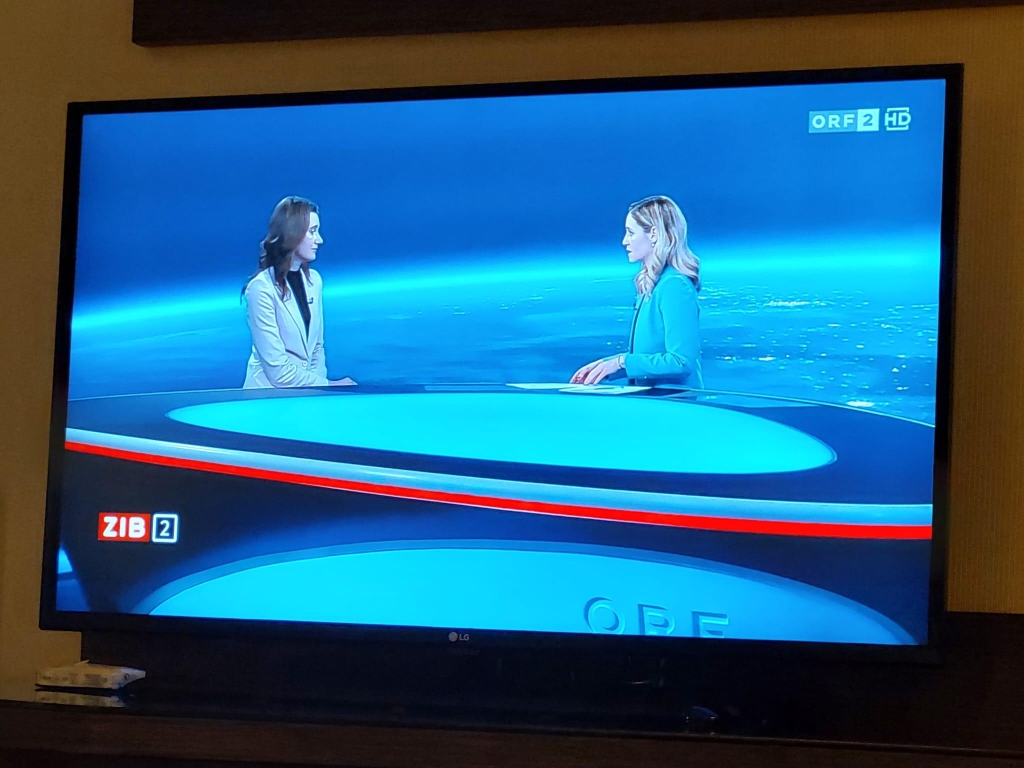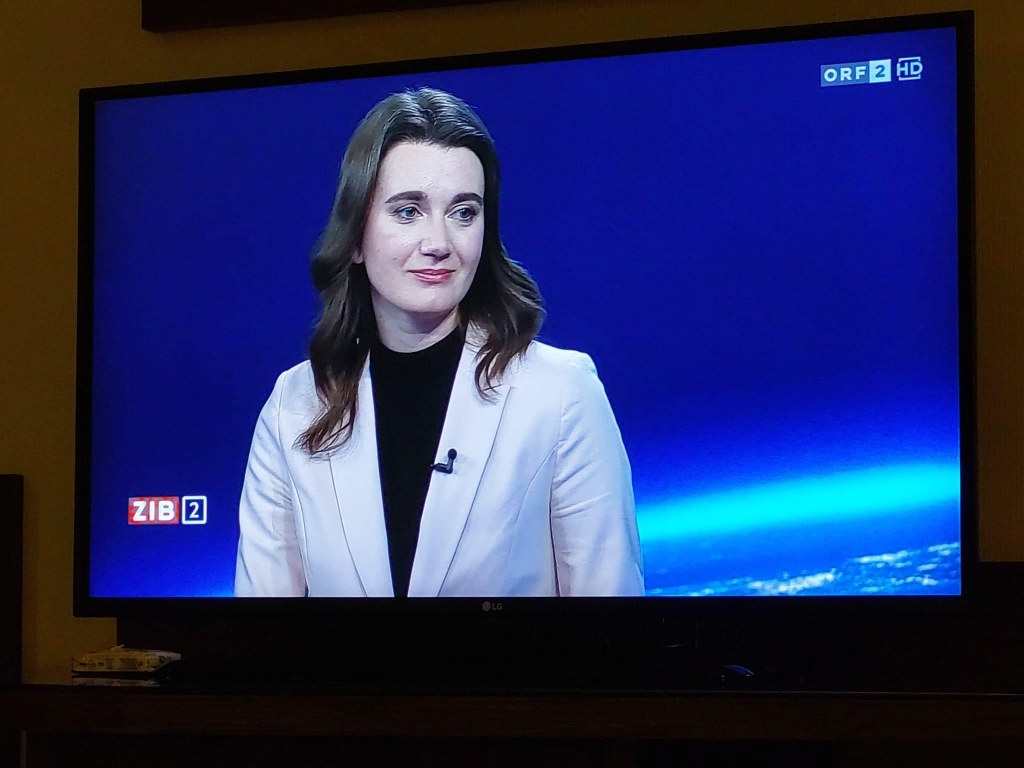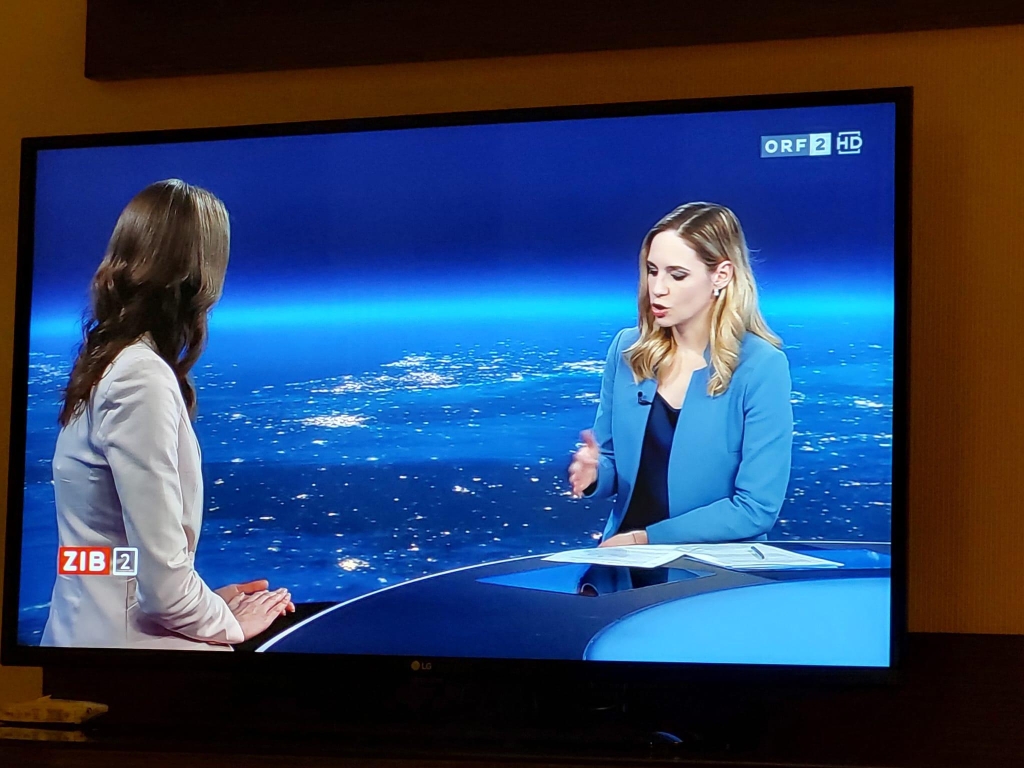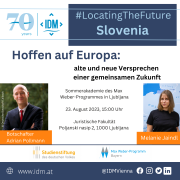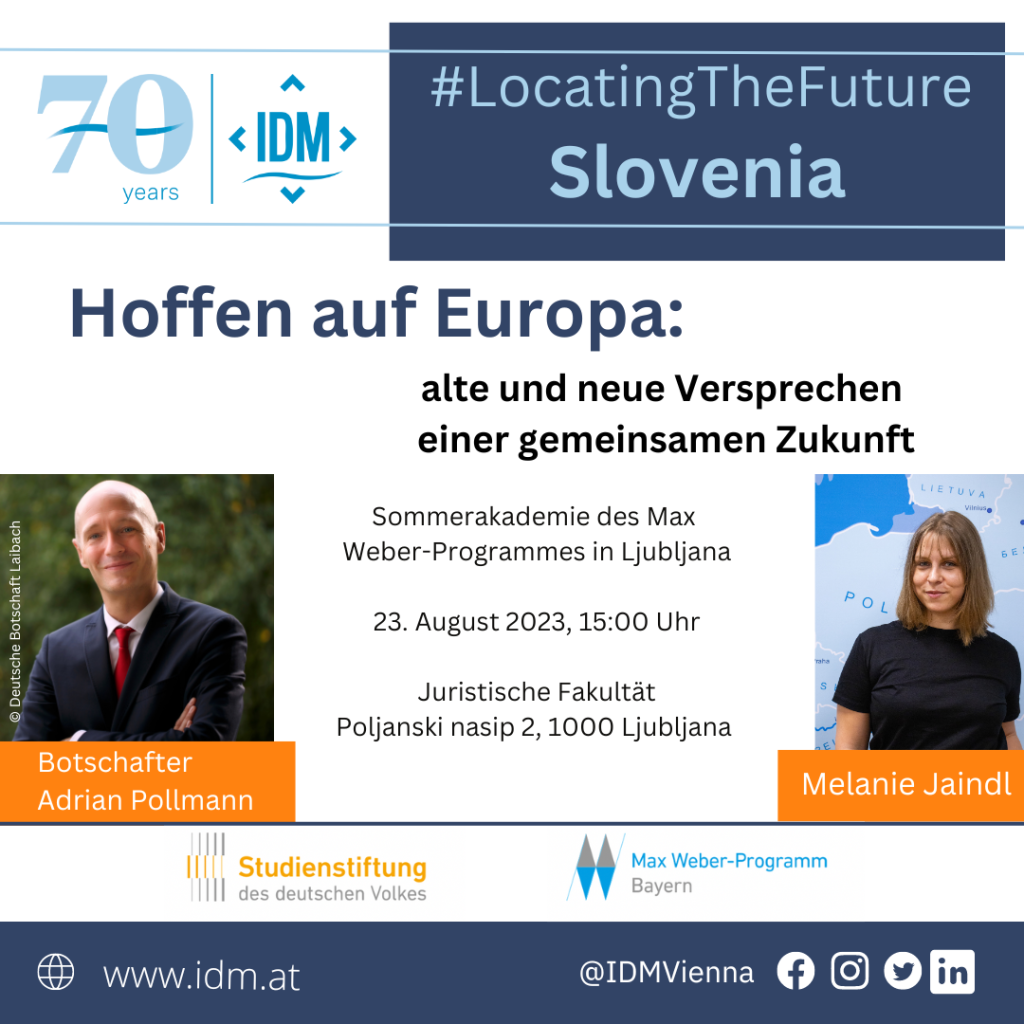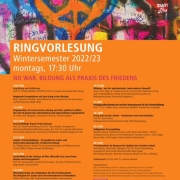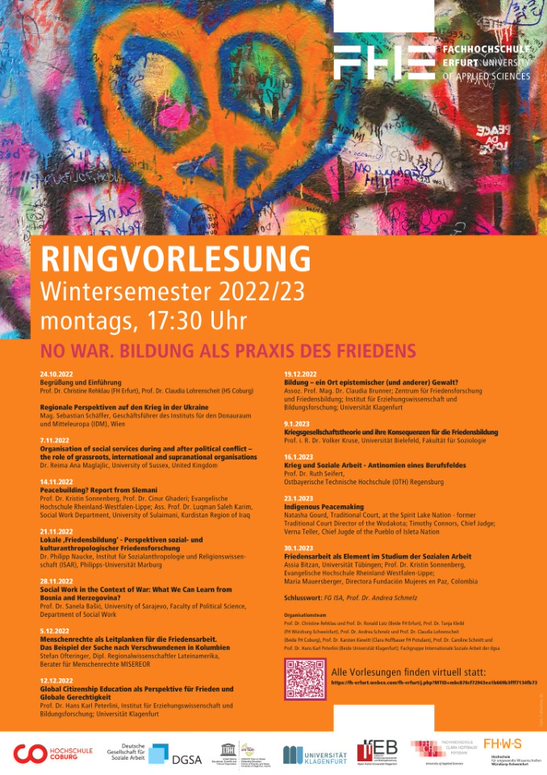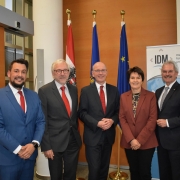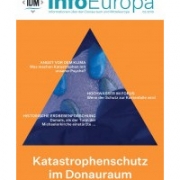
Es ist eine wechselvolle Geschichte der Ablehnung und Ausgrenzung, aber auch der Freiräume und Gemeinschaft, die das Leben von NichtHeteros bis heute begleitet. Der Kunsthistoriker Ladislav ZikmundLender gibt einen Einblick in die queere Kunst seines Heimatlandes.
Die als queere Kunst bezeichneten Objekte entsprechen selten den traditionellen Vorstellungen eines kunstvollen Artefakts – eines großen, goldgerahmten Bildes, einer Statue aus Marmor oder einer farbenprächtigen Vase. Vielmehr handelt es sich dabei um scheinbar alltägliche Dinge wie Ansichtskarten, Bücher, Fotos, Modeaccessoires oder Sammlerstücke vom Trödelmarkt. Unter dieser Oberfläche des Vertrauten entwickelten sie allerdings schon immer subversive Aktivität. Bedeutsam sind sie auch in ihrer Funktion als Zeugnisse, Requisiten und Kulissen der queeren Soziabilität im Verlauf des ganzen 20. Jahrhunderts. Exemplarisch dafür stehen etwa Ateliers von Gay-KünstlerInnen, in denen Künstlerkreise und Queer-Kommunen zusammenkamen und sich vernetzten, oder die Filmindustrie, die bereits seit den 1930erJahren dank vieler herausragender homosexueller FilmemacherInnen und -managerInnen Queer-Personen anzog, und nicht zuletzt die Wohnungen von Sammlern, deren thematisch einschlägige Bilder- oder Büchersammlungen zum Zentrum der queeren Kultur vor und nach dem Zweiten Weltkrieg avancierten.
Homosexualität im Sozialismus
Eine Queer Community der 50er Jahre war die bereits seit zwei Jahrzehnten existierende Gruppe um die Filmateliers Barrandov. Deren Direktor der Vorkriegszeit, der Unternehmer Miloš Havel, hat sich ganz offen zu seiner Homosexualität bekannt. Es figurieren hier bekannte Namen von Gay-Künstlern wie der des Regisseurs Václav Krška, František Čáp, des Schauspielers Eduard Cupák oder des Kostümbildners und Malers Fernand Vácha. Es gibt eine Anekdote darüber, wie der extravagante Vácha in den 50er Jahren, also zur Zeit des härtesten Stalinismus, einen spontanen Karnevalsumzug durch Prag initiierte. Man sollte sich nicht gleich den heutigen Christopher Street Day vorstellen, die relative Offenheit vieler prominenter Prager Homosexueller weist jedoch darauf hin, dass man weder für das kommunistische Regime stalinistischer Prägung in den 50ern noch für den staatlichen Sozialismus in der Tschechoslowakei der 60er bis 80er Jahre unreflektiert von einer simplen Fortsetzung der unverhohlen ideologischen Repression in der Kriegszeit ausgehen kann.
Salon-Kultur im Sozialismus
Für eine differenziertere Betrachtung sprechen auch der zeitgenössische medizinische wie juristische Diskurs: In den 50er Jahren wurden vom Sexuologen Kurt Freund diverse Untersuchungen zur Wirksamkeit der Konversionstherapie durchgeführt. Die veröffentlichten Ergebnisse wiesen nach, dass diese Therapie keine »Heilung« bringen kann. Freund kam dann auch ganz explizit zum Schluss, dass »erwachsene Männer, die sexuellen Verkehr mit anderen erwachsenen Männern haben, nur in Ausnahmefällen für Jugendliche und wohl nie für Kinder eine Gefahr darstellen können.« Der Historiker Jan Seidl macht deutlich, wie immens die Tragweite von Freunds Untersuchungen war: 1961 wurde in der Tschechoslowakei als einem der ersten Länder Europas die Strafbarkeit von Homosexualität abgeschafft. Dies bedeutet allerdings nicht automatisch, dass es keine alltägliche Erniedrigung oder Diskriminierung nicht gegeben hätte. Die andere Seite der Medaille war der Zusammenhalt der Queer-Communities, die sich in sogenannten Salons trafen. Hier spielte sich Kultur ab, wurden romantische Liebesbeziehungen geknüpft, hier fand man therapeutische Hilfe. Zu den berühmteren gehörten beispielsweise die Prager Ateliers des Malers Karel Laštovka oder des Architekten Tomáš Fragner. Bei Karel Laštovka standen auch viele seiner Gäste Modell für die zuweilen sehr offen homoerotischen Akte oder Porträts. Die Zusammenarbeit vieler prominenter Homosexueller, die solche Queer-Salons führten, mit dem Staatsapparat hatte zur Folge, dass die um sie gruppierten Communities nicht im Visier der Geheimpolizei und Staatsmacht standen. Sie waren damit nicht ständig der Verfolgung und den Repressalien der Mächtigen ausgesetzt.
Wirbel an den Rändern
Obwohl es bereits vor 1989 Berichte über die gesellschaftliche Stellung von Homosexuellen gab, markierte doch erst das Wendejahr eine grundlegende Änderung in der Wahrnehmung dieser Minderheit. Bereits sehr früh formten sich die ersten Aktivistenbewegungen, die von Anfang an auch stark mit der visuellen Kultur verbunden waren. Die 1991 in Prag veranstaltete Ausstellung des Fotografen Robert Vano war wohl der erste visuelle Ausdruck queeren Selbstbewusstseins und blieb für lange Zeit die eindrucksvollste Manifestation homoerotischer Sehnsucht. Das erste Queer-Pride-Straßenfest fand 1998 in Karlsbad statt und wurde von einer großen Ausstellung der queeren Kunst begleitet, die den Titel Víření (sinngemäß: Treiben, Wirbel) trug. Irgendwann um 2005 begann sich auch das westliche Queer-Konzept durchzusetzen, das auch in zahlreichen Kunstwerken der Neuen Welle Niederschlag fand. Auch Projekte zur Intersektionalität von Queer-Identitäten sowie Identitäten nationaler Minderheiten haben sich erfolgreich Gehör verschafft. Hier wären insbesondere die Künstlerin Tamara Moyzes und der Fotograf Lukáš Houdek zu erwähnen. Einen eigenen Weg geht die Fotografin Michelle Adlerová, die sich in ihren Werken insbesondere mit der Transgender-Thematik auseinandersetzt. Zusammen mit Lukáš Houdek veranstaltete sie 2012–2014 drei Gruppenausstellungen mit dem Titel Transgender me. Nichtnormative Körperlichkeit und Queer-Performativität mittels des eigenen Körpers sind Themenfelder, denen sich eine Vertreterin der jüngeren Künstlergeneration, Kateřina Olivová, in ihren Arbeiten anzunähern versucht. Die wohl größte Freiheit, auch hinsichtlich der Förderung der queeren Kunst, brachte die Zeit vor ca. zehn bis fünfzehn Jahren, als das Gesetz über eingetragene Lebenspartnerschaft in Kraft trat (2006). Die Hinwendung zum Populismus in der jüngsten Zeit war im atheistischen Tschechien allerdings viel radikaler als beispielsweise in den traditionell katholischen Ländern wie Polen oder der Slowakei. Hate Speech ist im öffentlichen Raum zur Normalität geworden, die mit diskriminierender Absicht eingesetzten Schlagwörter »Natürlichkeit«, »traditionelle Rolle der Familie« und »Gender-Ideologie« fanden problemlos Eingang in den politischen Mainstream. Die Selbstreflexion, zu der unter anderem auch das Schaffen und Erleben queerer visueller Kunst und queerer Performativität beiträgt, scheint für die heutige Gesellschaft mehr denn je von Nöten zu sein, auch wenn ihr viel mehr Hindernisse, Ängste und Ablehnung im Wege stehen als in der toleranteren Zeit vor acht oder zehn Jahren. Zuweilen lohnt es sich aber, die »Randphänomene« etwas aufmerksamer zu betrachten, denn sie sagen mehr über unsere wohlbehütete »Mitte« aus, als wir denken.
(aus dem Tschechischen übersetzt)
Ladislav Zikmund-Lender ist ein tschechischer Kunsthistoriker und derzeit als Assistenzprofessor an der TU Brno tätig. Er hat an der Masaryk-Universität in Architekturgeschichte promoviert. 2016–2017 erhielt er ein FulbrightStipendium der University of California, um queere bildende Künstler, Sammler und Architekten zu erforschen.








